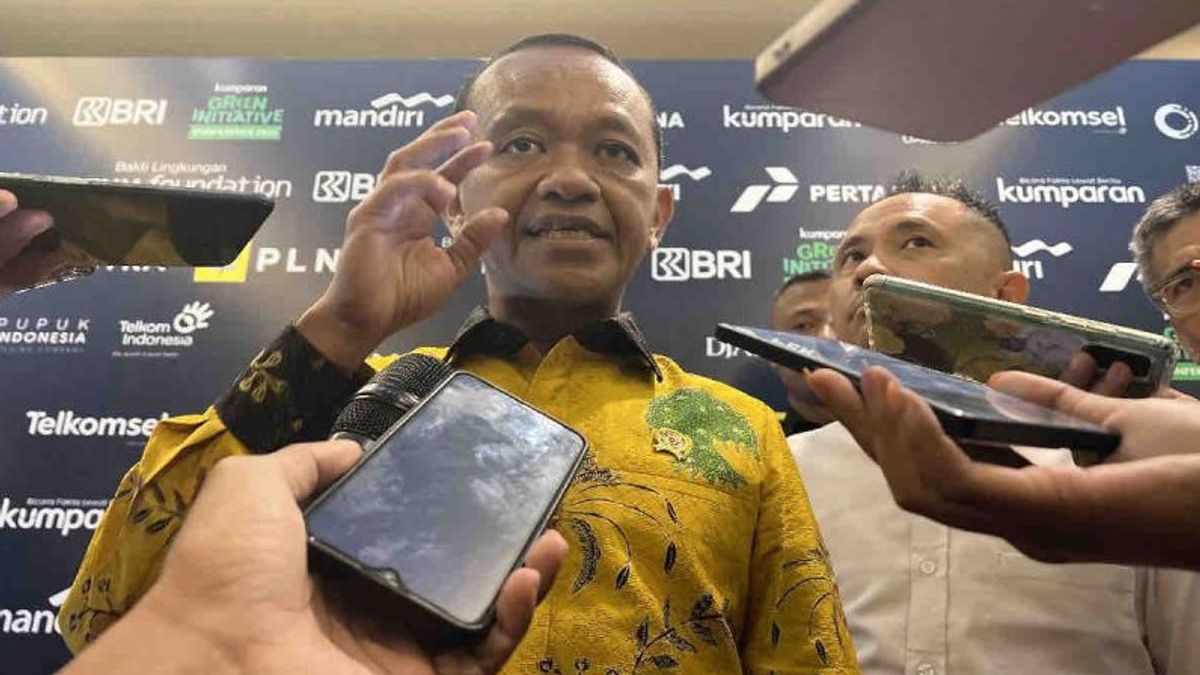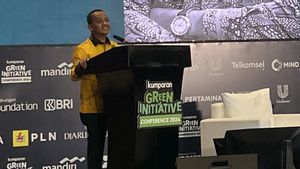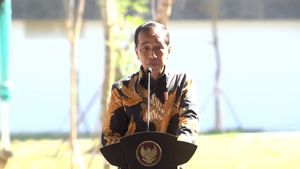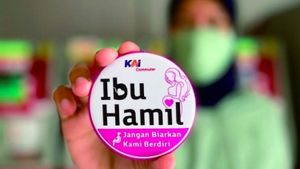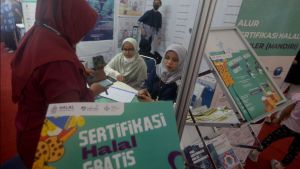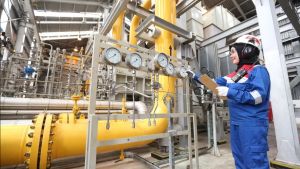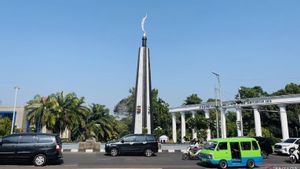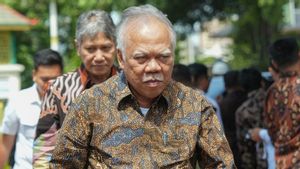JAKARTA - Minister of Energy and Mineral Resources (ESDM) Bahlil Lahadalia requested that the Indonesian mining material smelter switch to using new renewable energy electricity (EBT). The conversion to EBT will begin in 2025.
"We will replace the industrial smelters that they are now using coal to new and renewable energy," Bahlil said at the Green Initiative Converence event at the Hotel Borobudur, Jakarta, Wednesday, September 25.
For example, said Bahlil, the smelter of PT Industrial Weda Bay Industrial Park (IWIP) in Halmahera, North Maluku, will use a solar power plant (PLTS) in 2025.
Bahlil admitted that he had opened discussions for the conversion of solar panels from 2025.
The hope is that the gradual conversion process can meet 60 to 70 percent of IWIP's electricity needs by 2030.
We have discussed with them, in 2025 starting to start to convert using solar panels in the former mining. The peak will be in 2030, at least 60 to 70 percent, they can already convert using new and renewable energy. This is an example," he said.
In addition, Bahlil also began to tighten licensing for the construction of smelters. Especially those that produce nickel pig iron (NPI) with the condition that the energy used is based on new and renewable energy.
"Smelters that are oriented towards derivatives are only up to NPI, in the context of the process towards us starting to be selective, the condition now is that one of them must use new and renewable energy, at least gas," he said.
SEE ALSO:
On the other hand, Bahlil did not deny that the conversion process to EBT from a smelter of mining materials requires a lot of money. Included in the provision of EBT plants.
"Indeed, the consequences are expensive," he said.
Even so, Bahlil did not care about the investment needs for the provision of EBT generators to support the industry. Based on his calculations, Bahlil said the products produced would also have more value.
"However, the high price of capex for investing in power plants that are oriented towards new and renewable energy, is covered with product prices that are indeed more expensive than products produced from coal or fossil energy. So if calculated economically, that's no issue," he said.
The English, Chinese, Japanese, Arabic, and French versions are automatically generated by the AI. So there may still be inaccuracies in translating, please always see Indonesian as our main language. (system supported by DigitalSiber.id)
